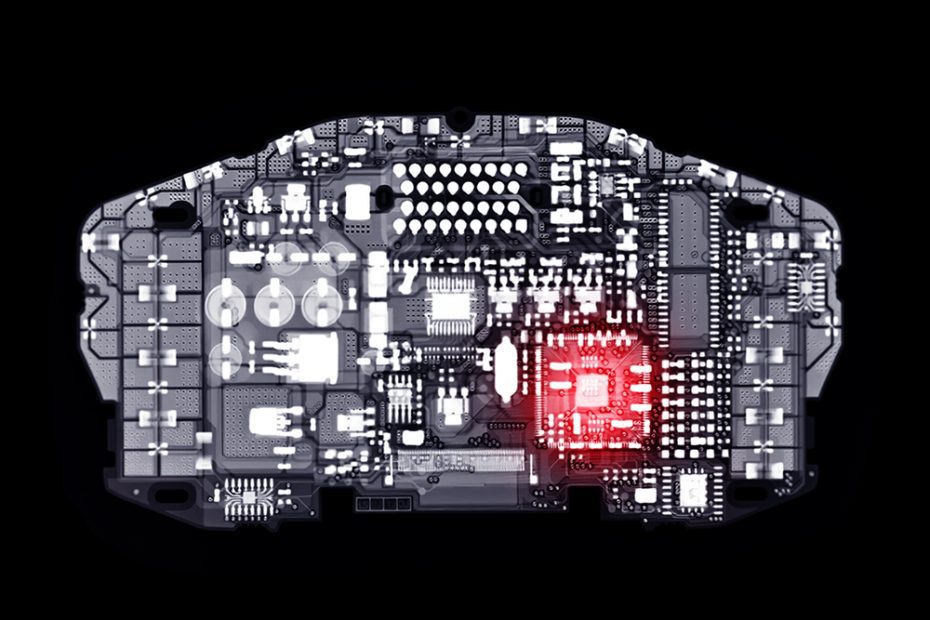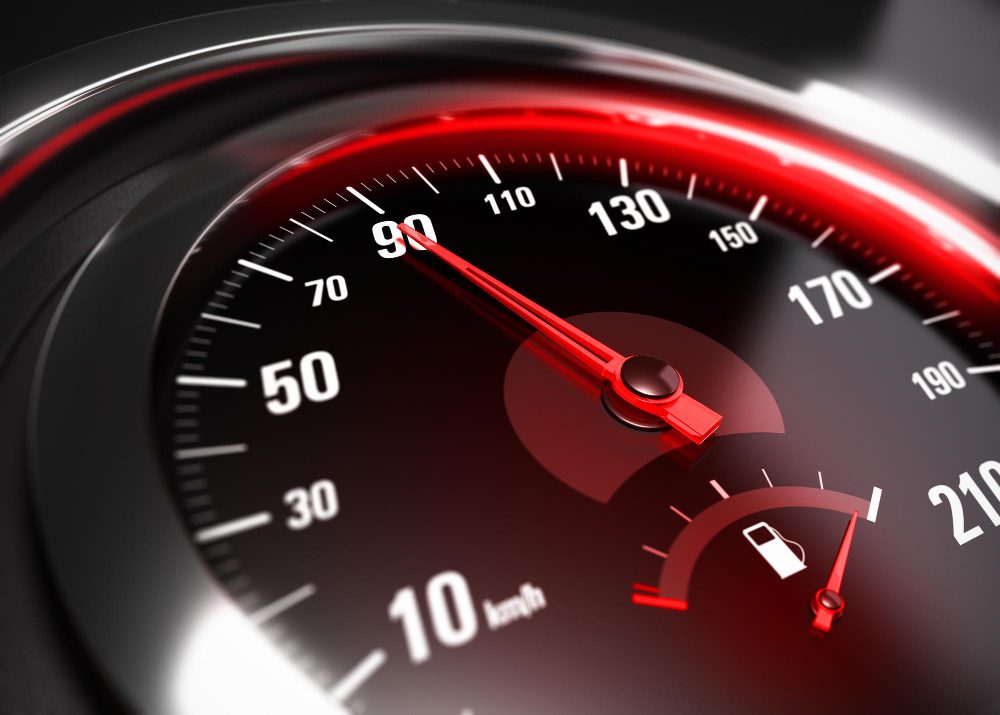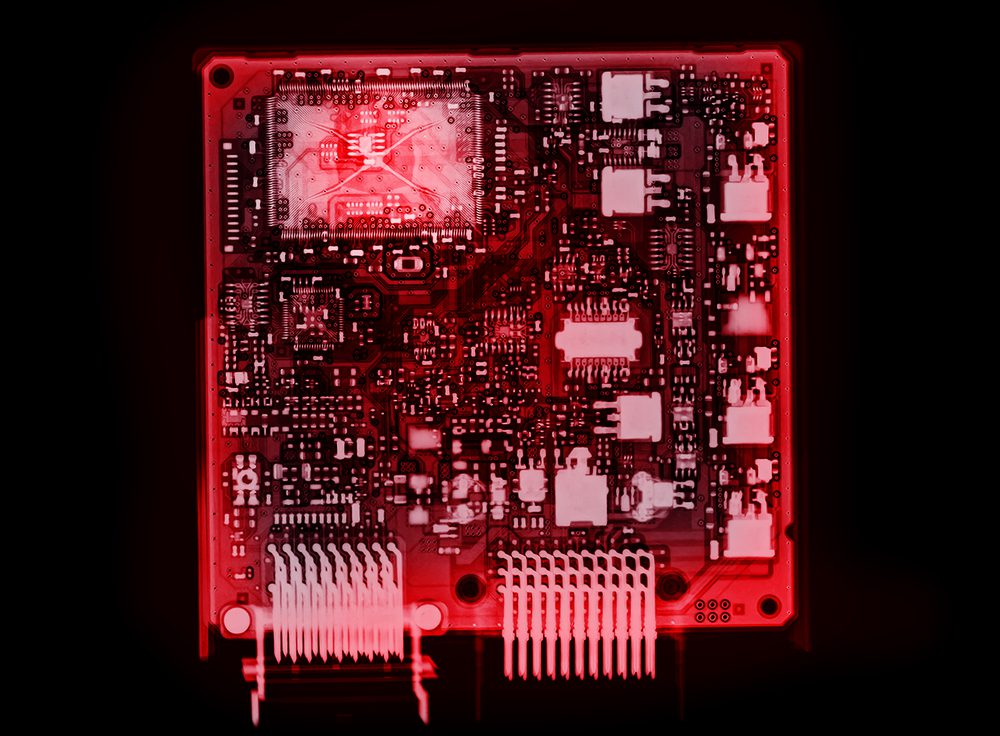Do all vehicles have a PCM?
Introduction
Modern vehicles are highly sophisticated machines that rely on complex electronic systems to function properly. One essential component of these systems is the Powertrain Control Module (PCM), which plays a crucial role in managing and controlling various aspects of a vehicle’s performance.
The PCM, also known as the Engine Control Unit (ECU) or Engine Control Module (ECM), is essentially the brain of a vehicle. It receives data from various sensors scattered throughout the vehicle and uses that information to control the engine’s performance, fuel efficiency, and emissions. However, the presence of a PCM can vary depending on the type of vehicle and its year of manufacture.
The Role of the PCM
The PCM is responsible for monitoring and regulating several key functions within a vehicle’s powertrain, including:
- Engine Performance: The PCM controls factors such as ignition timing, air-fuel mixture, and valve timing, ensuring optimal engine performance.
- Fuel Efficiency: By constantly analyzing data from various sensors, the PCM can adjust fuel injection and other parameters to maximize fuel efficiency, reducing emissions and saving money on fuel.
- Transmission Control: In vehicles with automatic transmissions, the PCM regulates gear shifting and clutch engagement to ensure smooth and efficient operation.
- Emission Control: The PCM monitors the vehicle’s emissions and adjusts engine parameters to comply with environmental regulations, helping to reduce pollution.
Fun Fact: The first widespread use of PCMs in vehicles began in the 1980s when electronic fuel injection systems became more prevalent. Since then, the complexity and capability of PCMs have significantly increased.
Varying Availability of PCMs
While PCMs are a standard feature in most modern vehicles, it is essential to note that not all vehicles have a PCM. The presence of a PCM can depend on various factors, including the vehicle’s make, model, and year of manufacture.
Most gasoline-powered vehicles manufactured after the mid-1990s are equipped with a PCM, as stricter emissions regulations required advanced engine control systems. On the other hand, older vehicles with carburettors or early electronic fuel injection systems may not have a PCM. These vehicles often rely on simpler control systems, such as Electronic Control Units (ECUs) or carburettor-specific control modules.
In addition to variations between different vehicle models, certain types of vehicles are less likely to have a PCM. For example:
- Vintage or classic cars manufactured before the widespread adoption of electronic control systems
- Mechanically controlled diesel engines that do not require advanced electronic controls
- Off-road vehicles or heavy machinery with specialized engines
What is another name for the powertrain control module of a vehicle?
The powertrain control module (PCM) is a vital component in modern vehicles, responsible for managing and controlling various functions of the powertrain system. In some regions, the PCM may also be referred to by different names, depending on the make and model of the vehicle.
Engine Control Unit (ECU)
One common alternative name for the PCM is the Engine Control Unit (ECU). The ECU is essentially the same as the PCM and performs similar functions. It is responsible for monitoring and controlling engine performance, fuel injection, ignition timing, and other critical aspects related to the engine’s operation.
Electronic Control Module (ECM)
In certain vehicles, particularly older models, the PCM may be known as the Electronic Control Module (ECM). The ECM serves as the central control unit for the vehicle’s engine management system, regulating various parameters and ensuring optimal performance and fuel efficiency.
Powertrain Control Unit (PCU)
Some manufacturers may use the term Powertrain Control Unit (PCU) instead of PCM. The PCU performs the same essential functions as the PCM, acting as the brain of the vehicle’s powertrain system and coordinating the actions of the engine, transmission, and other related components.
Overall, regardless of the specific name used, the PCM, ECU, ECM or PCU serves as a crucial component in controlling and optimizing the performance of a vehicle’s powertrain system.
“The PCM, or whatever name it is given, plays a critical role in governing the engine’s performance, fuel efficiency, and overall drivability.” – Automotive Expert
Is a powertrain control module an ECU?
In the world of automotive technology, there are various terms and acronyms that can sometimes be confusing. One such example is the powertrain control module (PCM) and the engine control unit (ECU). While they both play significant roles in a vehicle’s functioning, they are not exactly the same thing.
Understanding the PCM
The powertrain control module, or PCM, is a vital component in modern vehicles. It is responsible for controlling and managing various aspects of the powertrain, which includes the engine, transmission, and drivetrain. The PCM collects data from different sensors throughout the vehicle and uses that information to regulate fuel injection, ignition timing, and other crucial functions.
Defining the ECU
The engine control unit, or ECU, is a specific part of the PCM. It focuses solely on the management of the engine, monitoring and controlling parameters such as fuel injection, airflow, and exhaust emissions. In simpler terms, the ECU is responsible for ensuring that the engine operates optimally.
Key Differences
The primary distinction between the PCM and the ECU lies in their scope of functionality. While the PCM oversees the entire powertrain, the ECU is solely dedicated to the engine. Additionally, the PCM integrates multiple control modules, including the ECU, into a single unit, thereby simplifying the overall system.
In summary:
The PCM is an all-encompassing control module, whereas the ECU is a subcomponent responsible for managing the engine.
It’s worth noting that some vehicle manufacturers may use different terminologies for these components. For instance, certain vehicles may refer to the PCM as the ECM (engine control module) or the TCM (transmission control module). Therefore, it’s essential to consult the specific vehicle’s documentation or seek professional advice when discussing these components.
In conclusion, while the powertrain control module (PCM) incorporates the engine control unit (ECU), they are not interchangeable terms. Each has its unique functions and responsibilities within the overall vehicle system.



